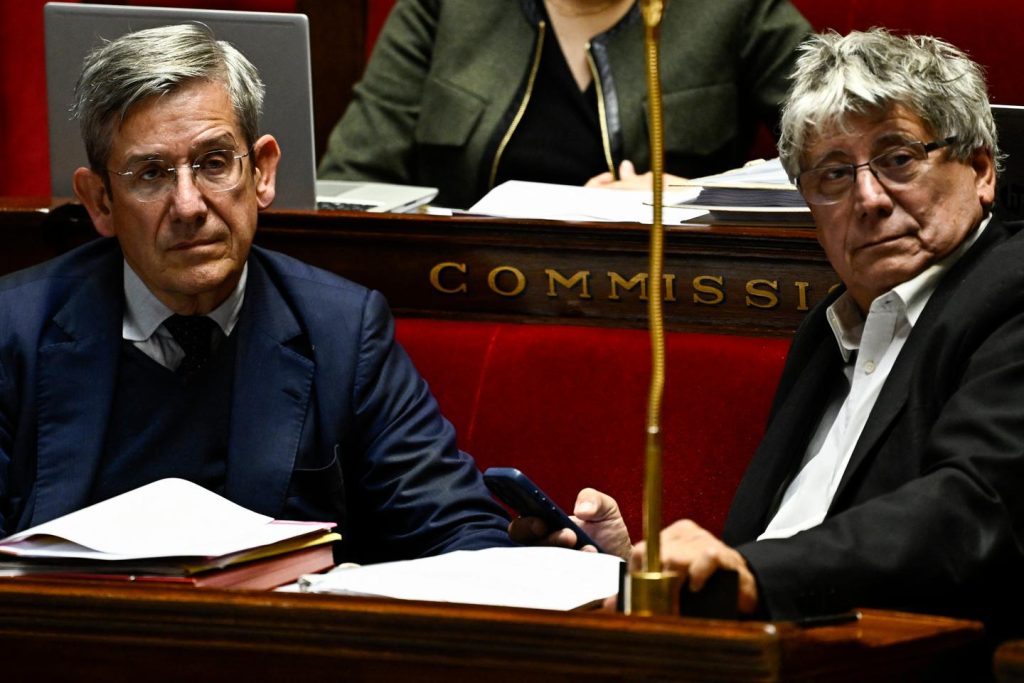The budget rapporteur general, Charles de Courson, and the president of the finance committee, Eric Coquerel, have been closely monitoring the budget discussions at the National Assembly. The New Front populaire (NFP) has been actively pushing for amendments that make the budget more fair by taxing the wealthy and big corporations more while reducing spending cuts. These efforts have led to victories, such as the adoption of a budget for justice that includes the recruitment of nearly 5,000 additional civil servants. However, it is important to note that many of these amendments may not be legally compliant and could be abandoned during the parliamentary process.
After examining the first part of the 2025 budget project focused on revenue, Charles de Courson highlighted the significant tax increases and reductions made by the deputies during the session. According to his analysis, the budget has been modified by approximately 50 billion euros, with increases of 30 billion euros and reductions of 20 billion euros. Of this total, around 26 billion euros worth of amendments are potentially in violation of European law, constitutional court jurisprudence, or pose legal difficulties due to their wording. The issues raised by de Courson are challenged by Eric Coquerel, who believes that any legal concerns can be addressed in the coming weeks.
The victories achieved by the left in reshaping the budget to prioritize social justice and fair taxation should be celebrated, but with caution. The amendments made to the budget may face challenges in terms of legality, as pointed out by de Courson and the government. It remains to be seen whether these changes will withstand legal scrutiny and be implemented as intended. The debates and discussions around the budget amendments reflect the ongoing efforts to create a more equitable and progressive budget that addresses the needs of the citizens and promotes social welfare.
The involvement of various political parties and stakeholders in the budget discussions highlights the diversity of perspectives and priorities in shaping fiscal policy. The disagreements between de Courson, Coquerel, and the government underscore the complexity of budgetary decision-making and the need for careful consideration of legal implications. The debates around the budget amendments also serve as a reminder of the importance of transparency, accountability, and adherence to legal standards in the budgetary process to ensure fiscal responsibility and the well-being of the country.
As the budget discussions continue, it is crucial for all parties involved to work towards finding common ground and addressing any legal or procedural challenges that may arise. The commitment to achieving a budget that is both socially just and financially responsible requires cooperation, dialogue, and compromise. The outcomes of these discussions will not only shape the fiscal policy for the coming year but also reflect the values and priorities of the society as a whole. The challenges and opportunities presented by the budget process offer a critical opportunity for democracy to flourish and for the voices of the people to be heard in shaping the future of the country’s financial policies.















